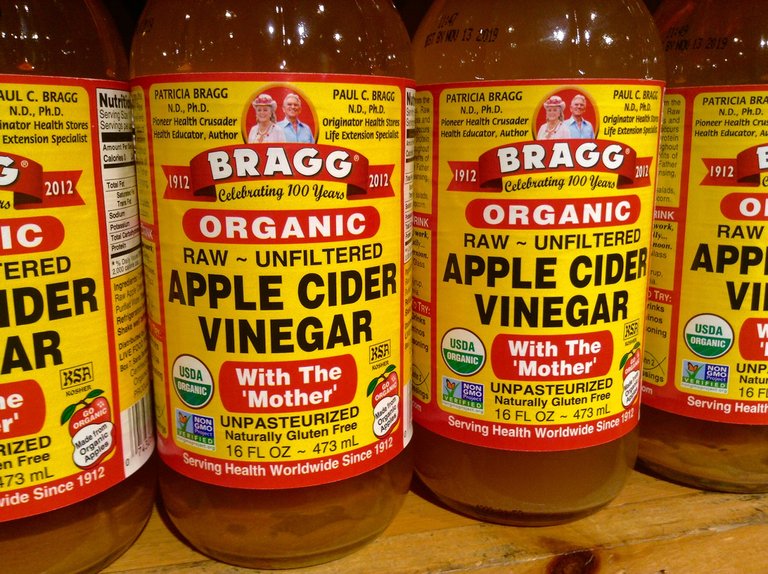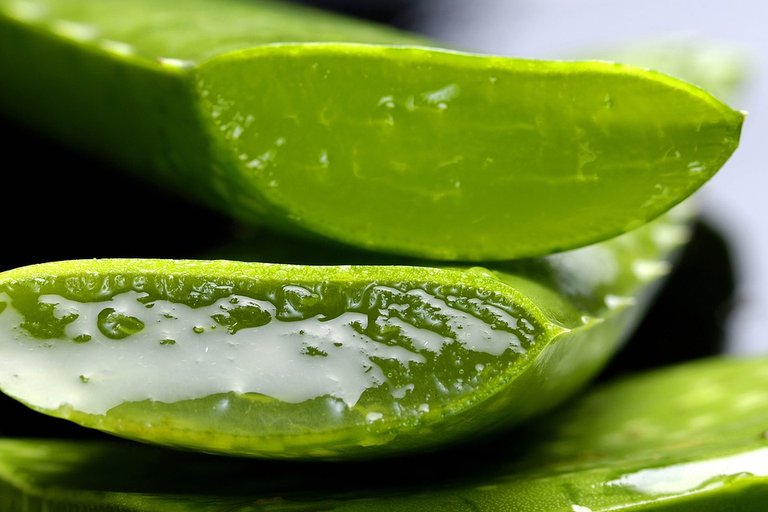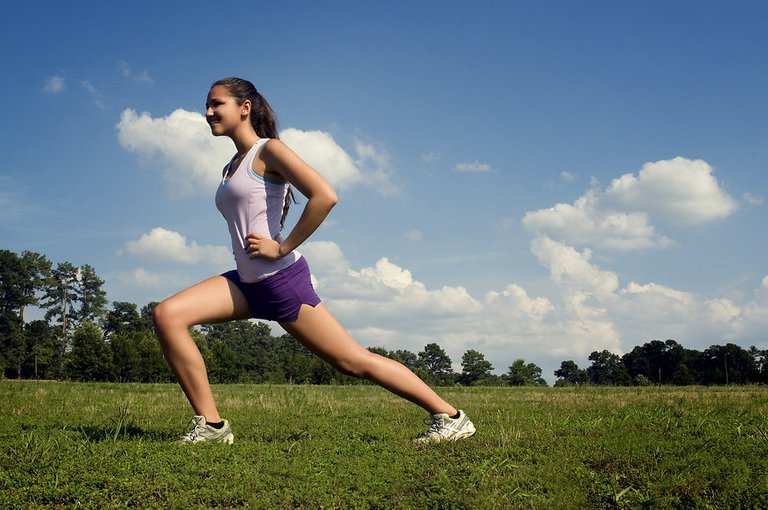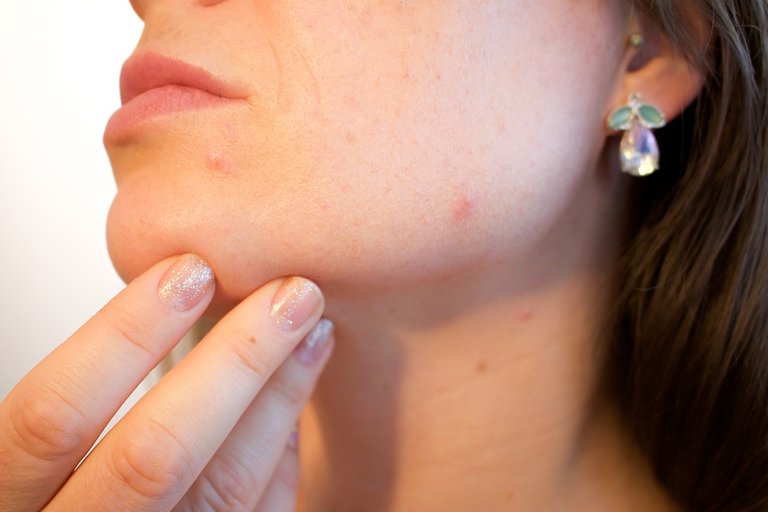Acne is one of the most common skin conditions in the world, affecting an estimated 85% of people at some point in their lives.
Conventional acne treatments can be expensive and often have undesirable side effects like dryness, redness and irritation.
This has prompted many people to look into how to cure acne naturally at home. The internet is filled with suggestions, but do natural treatments actually work? This article explores 13 home remedies for acne that are backed by science.
Below are 7 home remedies for acne that you might want to try.
Apply Apple Cider Vinegar

Apple cider vinegar is made by fermenting apple cider, or the unfiltered juice from pressed apples.Like other vinegars, it is known for its ability to fight many types of bacteria and viruses.
Apple cider vinegar contains several organic acids that have been shown to kill P. acnes . In particular, succinic acid has been shown to suppress inflammation caused by P. acnes, which may prevent scarring .
Also, lactic acid has been shown to improve the appearance of acne scars. What's more, apple cider vinegar may help dry up the excess oil that causes acne in the first place.
How to Use It:
★Mix 1 part apple cider vinegar and 3 parts water (use more water for sensitive skin).
★After cleansing, gently apply the mixture to the skin using a cotton ball.
★Let sit for 5–20 seconds, rinse with water and pat dry.
★Repeat this process 1–2 times per day, as needed.
★It is important to note that applying apple cider vinegar to your skin can cause burns and irritation, so it should always be used in small amounts and diluted with water.
Make a Honey and Cinnamon Mask:
.jpg)
Both honey and cinnamon are excellent sources of antioxidant.
Studies have found applying antioxidants to the skin is more effective at reducing acne than benzoyl peroxide and retinoids.
These are two common acne medications for the skin that have antibacterial properties.
The antioxidants studied were vitamin B3, linoleic (omega-6) fatty acid and sodium ascorbyl phosphate (SAP), which is a vitamin C derivative.
These specific antioxidants are not found in honey or cinnamon, but there is a possibility that other antioxidants may have a similar effect.
Honey and cinnamon also have the ability to fight bacteria and reduce inflammation, which are two factors that trigger acne. While the anti-inflammatory, antioxidant and antibacterial properties of honey and cinnamon may benefit acne-prone skin, no studies exist on their ability to treat acne.
How to Make a Honey and Cinnamon Mask:
1.Mix 2 tablespoons honey and 1 teaspoon cinnamon together to form a paste.
2.After cleansing, apply the mask to your face and leave it on for 10–15 minutes.
3.Rinse the mask off completely and pat your face dry.
Spot Treat With Tea Tree Oil:

Tea tree oil is an essential oil that is extracted from the leaves of Melaleuca alternifolia, a small tree native to Australia.
It is well known for its ability to fight bacteria and reduce skin inflammation.What's more, several studies show that applying 5% tea tree oil to the skin effectively reduces ac.
When compared to 5% benzoyl peroxide, 5% tea tree oil did not act as quickly, but it did significantly improve acne after three months of use.
It also resulted in fewer adverse effects like dryness, irritation and burning, compared to benzoyl peroxide.
Tea tree oil is very potent, so always dilute it before applying it to your skin.
How to Use It:
1.Mix 1 part tea tree oil with 9 parts water.
2.Dip a cotton swab into the mixture and apply it to affected areas.
3.Apply moisturizer if desired.
4.Repeat this process 1–2 times per day, as needed.
Apply Green Tea to Your Skin:

Green tea is very high in antioxidants, and drinking it can promote good health.
There aren't any studies exploring the benefits of drinking green tea when it comes to acne, but applying it directly to the skin has been shown to help.
This is likely because the flavonoids and tannins in green tea are known to help fight bacteria and reduce inflammation, which are two main causes of acne.
The major antioxidant in green tea — epigallocatechin-3-gallate (EGCG) — has been shown to reduce sebum production, fight inflammation and inhibit the growth of P. acnes in individuals with acne-prone skin (33). Multiple studies have shown that applying a 2–3% green tea extract to the skin significantly reduces sebum production and pimples in those with acne. You can buy creams and lotions that contain green tea, but it is just as easy to make your own mixture at home.
How to Use It:
1.Steep green tea in boiling water for 3–4 minutes.
2.Allow tea to cool.
3.Using a cotton ball, apply tea to skin or pour into a spray bottle to spritz on.
4.Allow to dry, then rinse with water and pat dry.
Moisturize With Aloe Vera:

Aloe vera is a tropical plant whose leaves produce a clear gel.
The gel is often added to lotions, creams, ointments and soaps. It's commonly used to treat abrasions, rashes, burns and other skin conditions.
When applied to the skin, aloe vera gel can help heal wounds, treat burns and fight inflammation .
Aloe vera also contains salicylic acid and sulfur, which are both used extensively in the treatment of acne. Several studies have shown that applying salicylic acid to the skin significantly reduces acne.
Similarly, applying sulfur has been proven to be an effective acne treatment. While research shows great promise, the anti-acne benefits of aloe vera itself require further scientific evidence.
How to Use It:
1.Scrape the gel from the aloe plant out with a spoon.
2.Apply gel directly to clean skin as a moisturizer.
3.Repeat 1–2 times per day, or as desired.
Reduce Stress:

The hormones released during periods of stress may increase sebum production and skin inflammation, making acne worse.
In fact, multiple studies have linked stress to an increase in acne severity.
What's more, stress can slow wound healing by up to 40%, which may slow the repair of acne lesions.
Certain relaxation and stress-reduction treatments have been shown to improve acne, but more research needs to be done .
Ways to Reduce Stress:
★Get more sleep
★Engage in physical activity
★Practice yoga
★Meditate
★Take deep breaths
Exercise Regularly:

Exercise promotes healthy blood circulation. The increase in blood flow helps nourish the skin cells, which may help prevent and heal acne.Exercise also plays a role in hormone regulation. Several studies have shown that exercise can decrease stress and anxiety, both of which are factors that can contribute to the development of acne.
It's recommended that healthy adults exercise for 30 minutes 3–5 times per week. This can include walking, hiking, running and lifting weights.
Refferences: www.healthline.com

Hi! I am a robot. I just upvoted you! I found similar content that readers might be interested in:
https://www.healthline.com/nutrition/13-acne-remedies
@minnowpond1 has voted on behalf of @minnowpond. If you would like to recieve upvotes from minnowponds team on all your posts, simply FOLLOW @minnowpond.
To receive an upvote send 0.25 SBD to @minnowpond with your posts url as the memo To receive an reSteem send 0.75 SBD to @minnowpond with your posts url as the memo To receive an upvote and a reSteem send 1.00SBD to @minnowpond with your posts url as the memoThis post recieved an upvote from minnowpond. If you would like to recieve upvotes from minnowponds team on all your posts, simply FOLLOW @minnowpond.
To receive an upvote send 0.25 SBD to @minnowpond with your posts url as the memo To receive an reSteem send 0.75 SBD to @minnowpond with your posts url as the memo To receive an upvote and a reSteem send 1.00SBD to @minnowpond with your posts url as the memoAs a follower of @followforupvotes this post has been randomly selected and upvoted! Enjoy your upvote and have a great day!
Helpfull post. Keep in touch
nice
great
good post
Exercise do promotes healthy blood circulations.